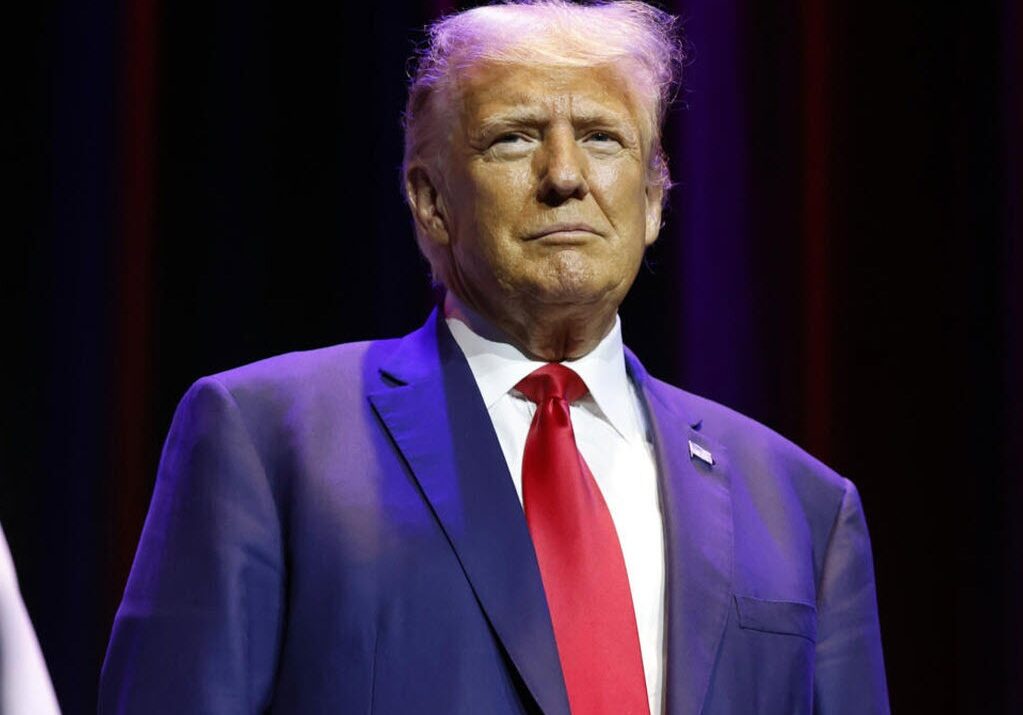President Donald Trump took to Truth Social on Friday to praise the strength of U.S. markets and defend his aggressive tariff strategy, declaring:

“THE STOCK MARKET IS STRONGER THAN EVER BEFORE BECAUSE OF TARIFFS!”
He also claimed the nation is now “wealthy, powerful, and nationally secure again, all because of tariffs.”
Despite volatility since April — when Trump reimposed sweeping import duties — major U.S. indexes have surged:
- Dow Jones Industrial Average: +17%
- Nasdaq Composite: +34%
- S&P 500: +23%
Economists, however, warn that the tariff wave has raised prices for consumers and businesses, potentially masking deeper inflation risks.
Supreme Court Set to Weigh Tariff Authority
Trump also highlighted the upcoming Supreme Court hearing scheduled for November 5, which will determine whether his use of emergency powers to impose worldwide tariffs was lawful.
He called the case “THE MOST IMPORTANT CASE EVER” to reach the high court, framing it as a test of presidential authority over trade and national security.
The hearing follows an August ruling by a federal appeals court (7–4) that found Trump had overstepped his authority under the International Emergency Economic Powers Act (IEEPA) — a 1977 law that allows sanctions against “unusual and extraordinary” threats.
Several lower courts have echoed that finding, saying Trump’s tariff expansions exceeded congressional intent, particularly when applied to U.S. allies and neutral trading partners.
What’s at Stake
If the Supreme Court upholds the lower court’s ruling, it could curb executive trade powers and reshape U.S. tariff policy for years to come.
If Trump prevails, it would cement his ability to unilaterally impose global duties — a cornerstone of his “America First” economic agenda.
Legal analysts say the case could become a landmark decision defining the limits of economic emergency powers in U.S. law.
Trump’s tariffs remain one of the most divisive policies of his presidency — hailed by supporters as a tool of economic strength and sovereignty, but derided by critics as a tax on consumers and global trade.
With markets soaring and legal challenges mounting, all eyes now turn to the Supreme Court on November 5, where the justices will decide whether Trump’s trade war was an act of strategy — or overreach.
Disclosure: This article does not represent investment advice. The content and materials featured on this page are for educational purposes only.










